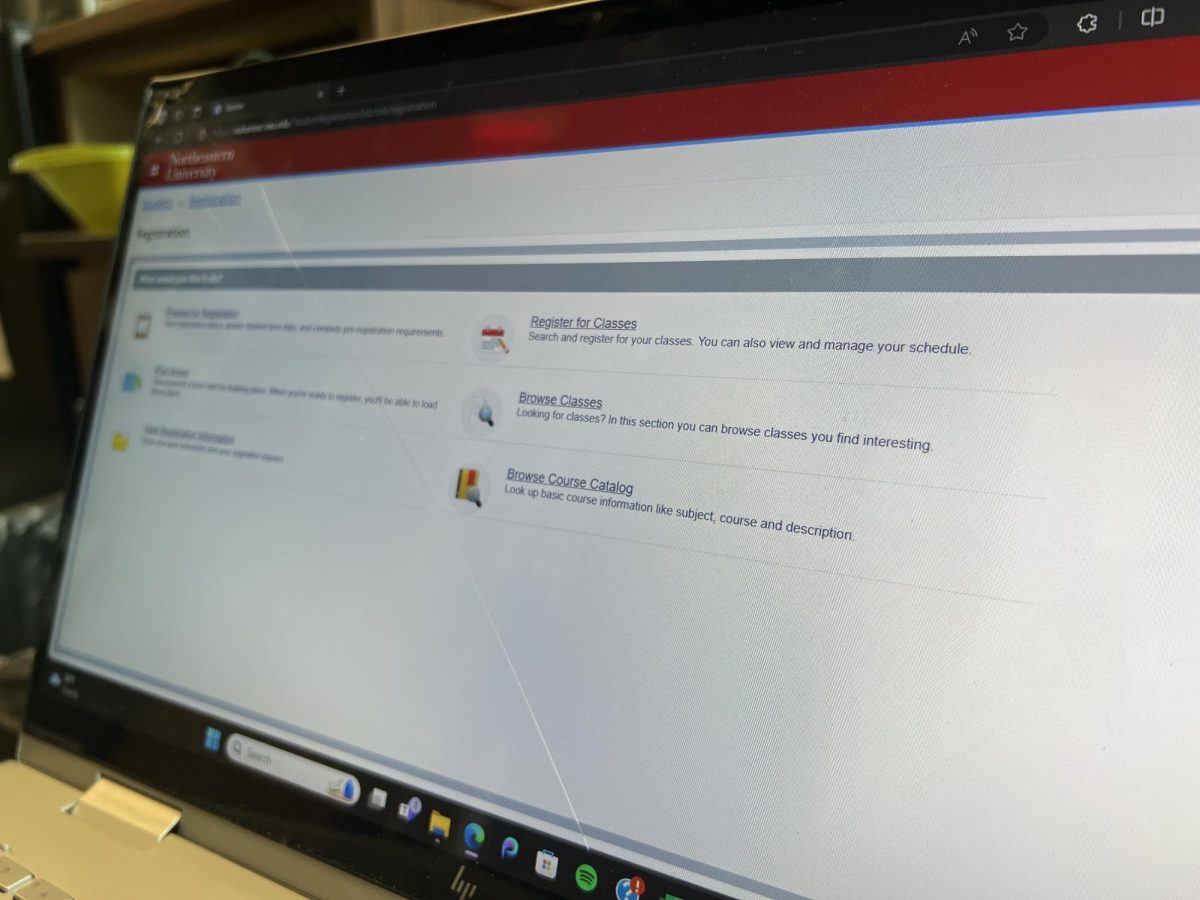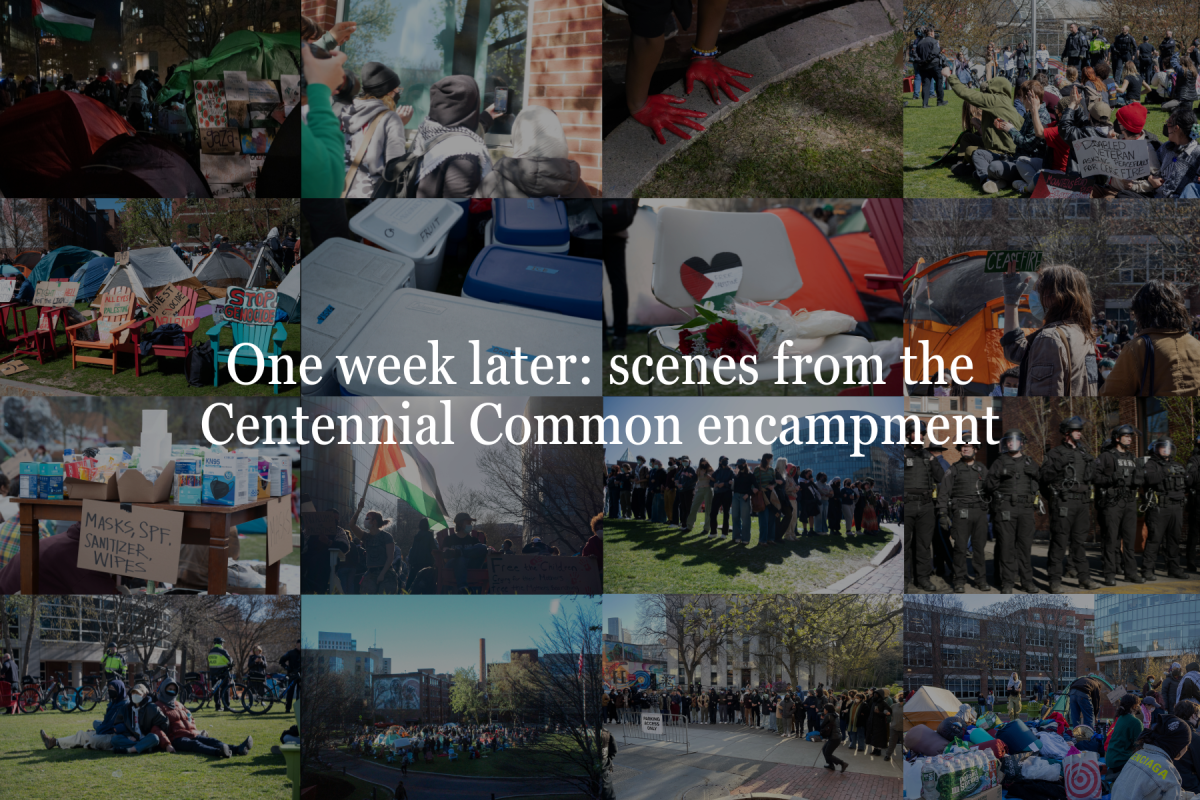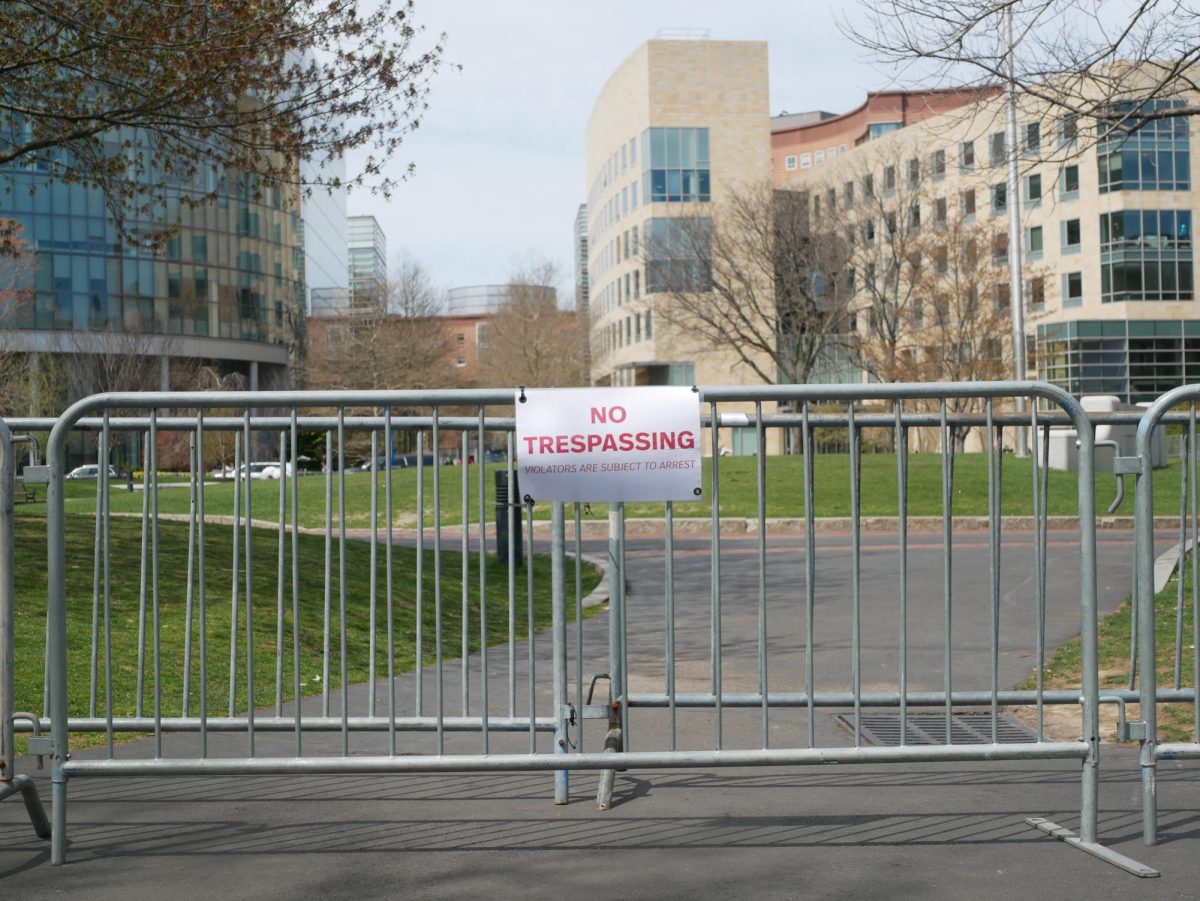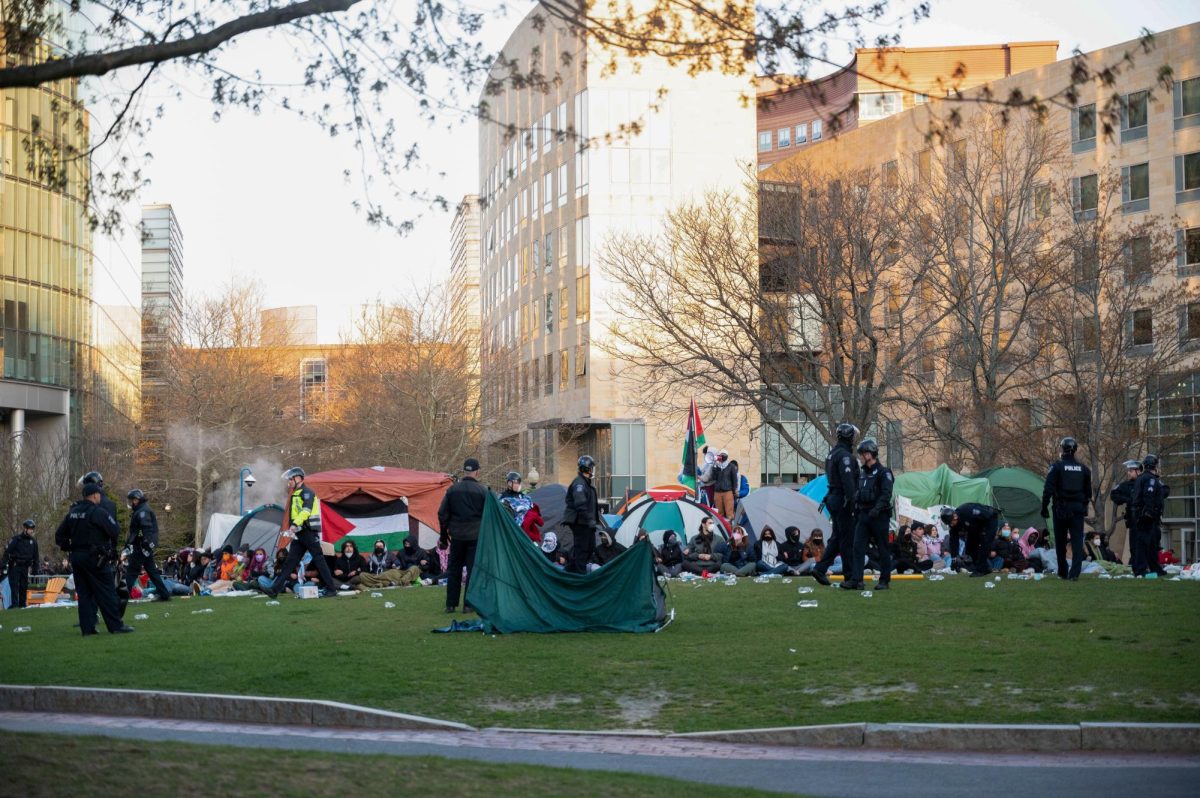At some point during my sophomore year at Northeastern, one of my professors asked a crowded classroom how many students’ parents were not born in the United States. I was surprised to see that the majority of my classmates raised their hands. As someone whose ancestors came around 1900 with the spirit of assimilation, I grew curious about how other groups’ emigres have adapted to American life.
Growing up in Boston, I have known many Greek Americans. Looking at the Greek American community, and how they have balanced cultural preservation with assimilation into American culture, makes it impressive how most are very proud of their heritage and continue to maintain connections with Greece. Amazing, however, is how many Greek Americans take on the second role of involvement with their American communities. There was Pauline, who brought her parents’ Greek catering business to my 12th grade marketing class. There are the owners of the No Name seafood restaurant on Boston Fish Pier, who have on their wall an authentic recognition from the Greek navy, as well as a group picture from the local fire department. Then there’s the family that owns my local pizza parlor who speak in Greek to each other, but perfect English to me, always striking up a conversation.
These experiences with Greek Americans led me to wonder how they managed to pull off such an amazing balancing act. After all, conventional knowledge is that “old world”cultures fade as groups assimilate in America. What is it about Greek values that encourage preservation as well as intermingling? How does one pull off the great balance?
In order to shed some light on this, I asked my friend, Maria Strouzas, a Greek American and senior at NU, how she has experienced being a Greek American.
“There’s a tremendous sense of getting involved among Greeks,” says Strouzas.”My father is a Greek Orthodox priest, so as a kid I was heavily involved with church and ethnic youth groups. When I got older, I was given more freedom. I was allowed to ‘shop around’ for other religions and decide for myself how Greek I wanted to be. Ultimately, I came back to the church and made it a permanent part of who I am. But continued involvement in outside activities helps me maintain the open mind I need to preserve my religion and culture effectively in America.”
Maria’s story is in a way emblematic of the Greek American culture I have come to know. She has maintained her Greek heritage but not at the expense of opportunities afforded by America. She was given all the tools to preserve her culture, but she was not sheltered to the point of cluelessness. She has pulled off the Great Assimilation Balance.
What can we learn about Greek values and the Great Assimilation Balance from Maria’s statement?
Well, Maria spoke about religious tolerance and community involvement. These are two values that Greeks and Americans share. Ancient Greece is the traditional birthplace of democracy, and that democracy did take the form of community meetings (though I should point out that such meetings were limited to males). And we should remember that Alexander the Great was remarkably accepting of Judaic practice for his period in time. This was, I suppose, a crude version of the separation of church and state. While nowadays the Greek Orthodox Church plays a role in their government, both Greece and America clearly have roots in democracy.
I believe that this history leads back to what Maria initially said about the value of “getting involved.” While Maria’s involvement as a child was within the Greek community, the principle of community participation does not preclude participation in the larger society.
Perhaps that’s why Greek Americans have done so well in American politics. The best example of this is NU’s most famous Greek American, Michael Dukakis. While he is known and loved by the Greek community of Boston, his civic involvement hardly ends there. Having come a hair a way from the most powerful job in the world, Dukakis demonstrates just how involved Greek Americans have been in American society.
The Greek American experience makes an important point about immersion in our country: The history and culture of a group’s native land greatly affects how they navigate the American experience. Could Greek Americans pull off the preservation/assimilation-balancing act without their history of democracy? My guess, which I will justify, is no.












